The views expressed in our content reflect individual perspectives and do not represent the authoritative views of the Baha'i Faith.
Learn about the first Japanese Baha’is — Kanichi Yamamoto and Saichiro Fujita.
Kanichi Yamamoto: The First Japanese Baha’i
Born in Yamaguchi Prefecture, Japan in 1879, Kanichi Yamamoto became the first Japanese Baha’i in the world after he moved to Hawaii and met a Baha’i woman named Elizabeth Muther.
Muther, one of the early Baha’is in Hawaii, lived in the home where Yamamoto worked. “After I became a believer I felt that sometime I might tell (Mr. Yamamoto),” wrote Muther in a letter to her friend on September 8, 1902. “I prayed that his heart might be prepared to receive the truth. Although it was a little difficult to give him the Message because of his imperfect knowledge of English, yet God helped me so that he understands perfectly and is rejoicing in the Knowledge of His Truth.”
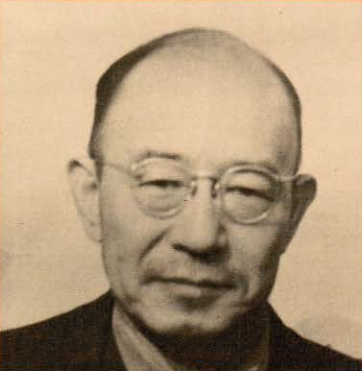
Despite the language barrier between them, Yamamoto’s heart immediately understood and embraced the Baha’i principles of the oneness of humanity, the unity and truth of all religions, the harmony of science and religion, the equality of women and men, the independent investigation of truth, the elimination of the extremes of wealth and poverty, the eradication of all forms of prejudice, the importance of universal education and a universal language, and the promotion of world peace.
He told Muther how happy he was to learn about the Baha’i Faith and wrote a letter to Abdu’l-Baha — the authorized interpreter of the Baha’i writings and the son of Baha’u’llah, the prophet and founder of the Baha’i Faith — that evening. Yamamoto did not feel that he could write well in English, so Muther encouraged him to write in Japanese and assured him that Abdu’l-Baha would “understand the spirit of his letter.” At the time, no one in the Baha’i holy lands in present-day Israel where Abdu’l-Baha was, could read Japanese. Abdu’l-Baha’s secretary recorded that He said, “I will turn to Bahá’u’lláh, and He will tell me what to say.”
Although Baha’u’llah passed away in 1892, his spirit clearly told Abdu’l-Baha what to say, because Yamamoto said that Abdu’l-Baha “fully answered him.” Abdu’l-Baha wrote:
O thou who art attracted by the Word of God to the Kingdom of God!
Turn with the whole of thy being to God, forget aught else save God, and supplicate God to make thee a sign of guidance in the midst of people who are veiled from God; perchance they may be guided to the Orb of all horizons, enter the kingdom of harmony, drink of the cup of the love of God, rejoice at the manifestation of the Kingdom of God, taste the delight of the mention of God, and shelter themselves in the shadow of the Tree of Life in the midst of the Paradise of God.
This beseemeth the believers; this is the qualification of the sincere; this is the path of the knowers; and this is the utmost aim of the faithful. Exert thy utmost power that thou mayest share this great bounty.
Yamamoto continued to write Abdu’l-Baha letters in Japanese over the years and Abdu’l-Baha always answered his questions. Yamamoto later moved to California and arranged for Abdu’l-Baha to speak to the Japanese Independent Church when he visited Oakland on October 7, 1912. In his talk, he said:
And ye who are the people of the Orient—the Orient which has ever been the dawning point of lights from whence the Sun of Reality has ever shone forth, casting its effulgence upon the West—ye, therefore, must become the manifestations of lights. Ye must become brilliant lamps. Ye must shine as stars radiating the light of love toward all mankind.
Oakland is where another brilliant lamp was lit — Saichiro Fujita.
Saichiro Fujita: The Second Japanese Baha’i
Saichiro Fujita was born in Yanai, Yamaguchi Prefecture, Japan, in 1886. He immigrated to the United States to attend school and learned about the Baha’i Faith in Oakland, California from Kathryn Frankland in 1905 when he was 19 years old.
In September of 1912, he excitedly traveled to Chicago to see Abdu’l-Baha in person and wanted the best vantage point possible. As Abdu’l-Baha made his way onto the platform at LaSalle Street Station in Chicago, he called out, “Come down Zacchaeus for this day I would sup with thee.” Abdu’l-Baha was referencing the Gospel of Luke where it is recorded that Jesus had singled out Zacchaeus, a man who had climbed the branches of a tree in order to get a view of him. Everyone who heard Abdu’l-Baha looked up to see Fujita hanging from a lamp post above their heads.
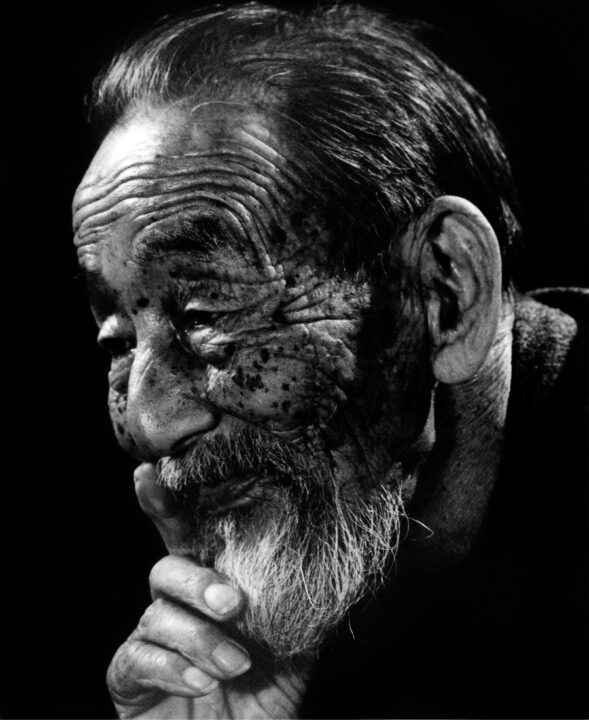
Abdu’l-Baha invited Fujita to travel with him as he gave talks about the Baha’i teachings across the West Coast. After Fujita earned his degree in engineering and horticulture, he moved to the Baha’i World Center in Haifa in present-day Israel. There, he helped and hosted visitors, planted many of the gardens in and around Haifa, helped install electrical fixtures in many of the buildings, and translated letters to and from Baha’is in Japan.
Fujita also became a close companion to Abdu’l-Baha and their daily meals together were filled with joy and laughter. “Abdu’l-Baha was very, very kind to me. We had many trips, many jokes,” Fujita said.
Fujita passed away in 1976 at 90 years old in Haifa and is buried in the Bahá’í Cemetery at the foot of Mount Carmel.
After Fujita passed away, the Universal House of Justice, the democratically-elected global governing body of the Baha’i Faith, sent out the following cable:
Dearly-loved tireless steadfast Saichiro Fujita passed to Abhá Kingdom [the afterlife] after long years service sacred threshold. His rank in vanguard first Japanese believers. His labours World Center his dedication humility sincerity love will forever be remembered and provide shining example to rising generations Japanese Bahá’ís who will view with pride distinction conferred upon him. Praying Holy Shrines progress his radiant soul…
Yamamoto and Fujita certainly were shining examples to rising generations of Japanese Baha’is. In 1915, a young Japanese student in Tokyo wrote the following message to Abdu’l-Baha in Japanese on a scroll. It was the “first supplication by a Japanese in Japan to Abdu’l-Baha.” Below is the translation:
…Although I am a lowly and poor youth in this world, I have been awakened and bathed in the ocean of Thy mercy and am so happy that I pity the king and the prince who are wandering about in the dream of temporal variance. Accept…my deep thankfulness from the bottom of the heart. I am very sorry though, when I think of our fellow men who take no thought of real happiness and do not rely upon the warm hand of Thy love. O my Lord, water me forever from the fountain of Thy mercy; I will never refuse Thy command whatsoever it may be. Forgive my sins and allow me to awaken my fellow men.”


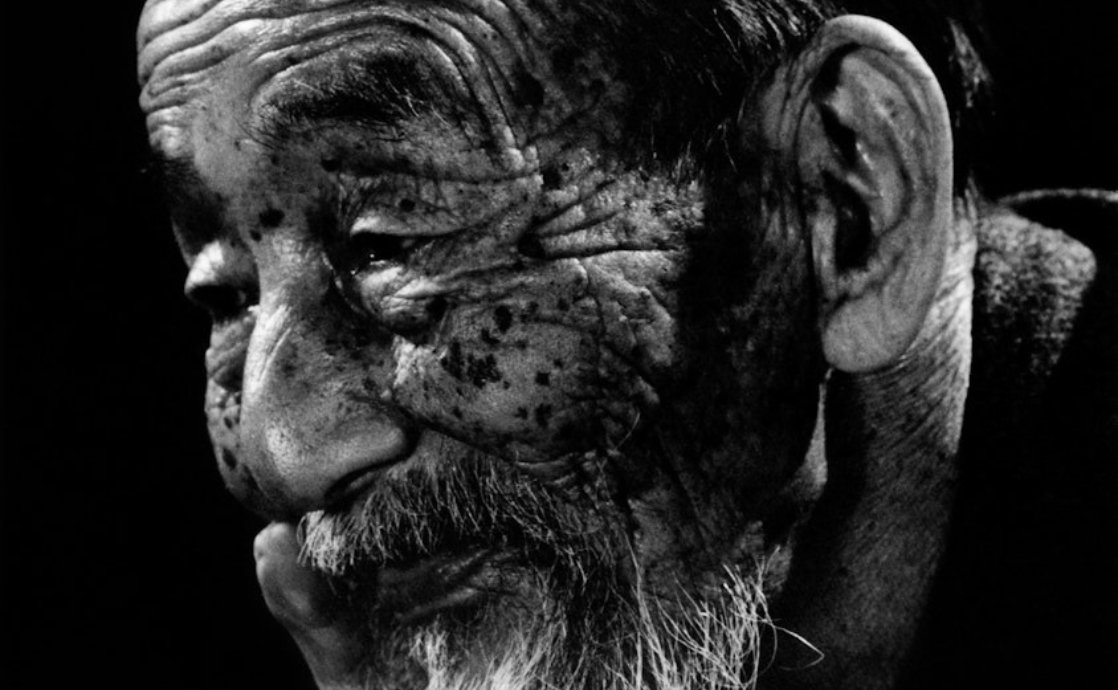

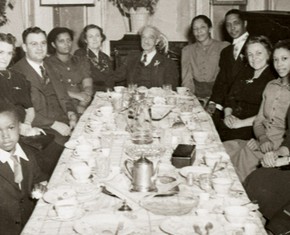
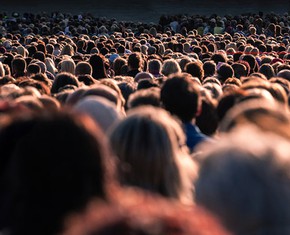
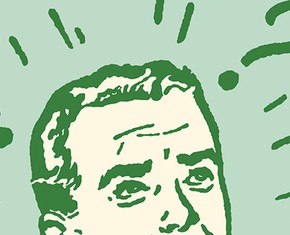









Comments
Sign in or create an account
Continue with Googleor